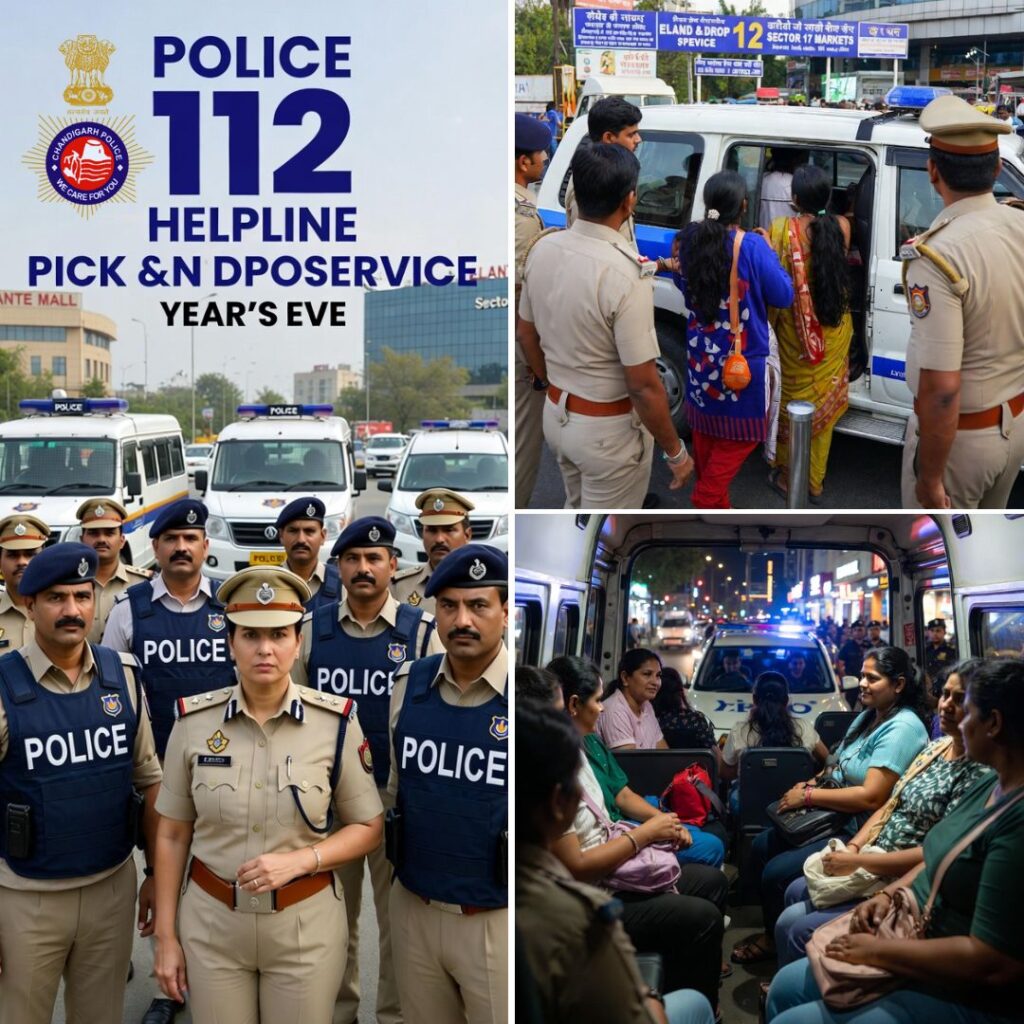Written By Anjuli Bhargava | Published with permission from Business Standard
Out Of Difficulties, Grow Miracles – Jean De La Breyere
Hope is an alien concept if you are born a child in Dehradun’s Bindal slum lining the side-banks of the unpredictable Bindal river in the city. Your parents are mostly daily wage labour working at construction sites. In many cases, the father is addicted to alcohol and unable to function. Parents – if both are working – leave for work early morning. The eldest female sibling is left to fend for the younger ones. Food is a luxury. A lot of the earnings – meager to begin with – are spent on alcohol and it’s not uncommon for women to drink either. Addiction to whiteners is found among children as young as 5-6.
Your surroundings don’t offer much hope either. Filth is your mainstay. Children of all shapes, sizes and ages – unkempt and unattended – scamper around barefoot along with stray dogs and pigs, begging or making their way to the closest temple to find a meal. Garbage heaps abound, drain water overflows, the smells make you sick and the shanty dwellings look shaky as paper. A heavy rain and you may lose your dwelling to the spate of the rising river. Nurture is a concept alien to most and nature is something you learn to fear.
It was November 2008 when the word hope made its first intrusion in Bindal slum. Shaila Brijnath (returned to India at the age of 44 after 40 years overseas) came across a couple of women who were trying to teach a bunch of around 30 kids in a disused car parking and decided to plunge in. Brijnath, now 53, had left behind a financially rewarding but “soul-destroying” career as a stock-broker in New York, Paris and London. She had her own savings having earned “absurd salaries” for years but there was also support in terms of a family trust – Aasraa – set up by her parents in Dehradun to do precisely the kind of work she had in mind.
Brijnath, who chairs the trust now, soon changed the face of the disused parking and had a small but efficient teaching operation in place. Realising how deeply malnourished the children were, she started using hot milk and bananas “as a bribe” to lure kids, a strategy they deploy even today.
At around the same time as Brijnath was consolidating her own initiative (the disused parking had grown to house 130 kids), Neelu Khanna, now 60, had been offered a “Rain Basera” in the center of Dehradun city to use during the day to teach street children.
She and a co-worker had started out by teaching around 15 street kids on the pavement of a busy street, much to the bewilderment of residents, pedestrians and the children themselves.
But even with a small number of children, Khanna faced two huge barriers to overcome. Winning the trust of street children and second getting the street children to leave their territory. The latter sounds rather simple when compared with the first but isn’t.
Across the pavement was Gandhi Park, one of the largest parks of the city with trees and grass to sit on but the children refused to budge. “Street children are so territorial that we couldn’t get them to cross the street”. Initially despite the torrential rains, they refused the Rain Basera, saying it felt like a “jail”. But the only thing stronger than fear is hope and slowly but surely the children began to trust Khanna.
Whatever his reasons, God – who had so far looked the other way – must have been smiling upon the children at the time because a chance meeting occurred between Brijnath and Khanna – something that would change the fortunes of 1800 street and slum children in Dehradun. What started out with 150 children at inception in 2009 now encompasses 1800 children across 17 total projects in the city. The trust now has 140 full time staff.
When Rita, now 11, was 5, she spent most of her days playing near a shop in Chabil Bagh, a slum cluster where she lived. Her mother works as a cleaner in a few houses and her father is a stone-cutter. With four brothers, her parents couldn’t afford to send her to school and being a girl she was more useful at home. After much persuasion, Aasraa’s outreach team managed to put Rita in their Shiv Sena center in Bindal slum area and recently the bright young girl was main streamed into Purkal Youth Development Society (PYDS), a CBSE school in the city that many locals consider better than the best local schools. She is in remedial classes but doing very well. Her life has changed forever and even though Rita still does a lot of household chores and cooking, she loves her studies and is looking at a future she could never have imagined. The Aasraa team is working to convince the parents to allow her to stay in the school residential facilities so she can concentrate better on her studies.
Rita is one of the 19 children from Aasraa who have joined PYDS. 5-6 of their girls – originally ragpickers – now attend Guru Ram Rai school. Many of the ragpickers continue to do their work s…











